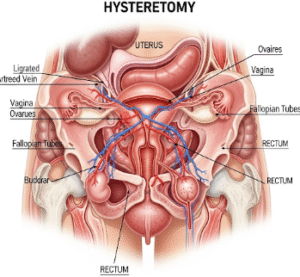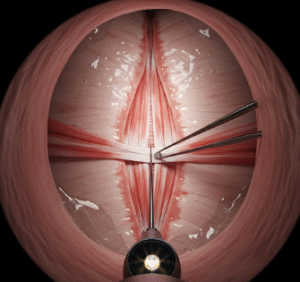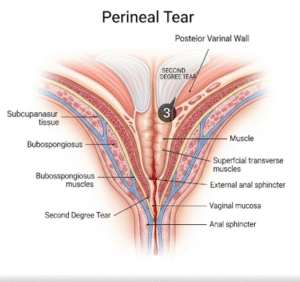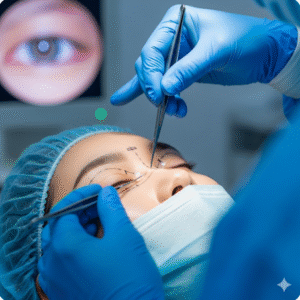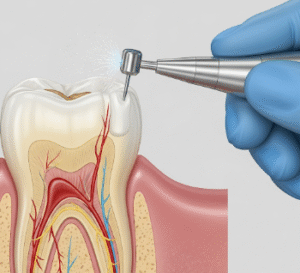Overview
Uterine cancer, also known as endometrial cancer, is a type of cancer that begins in the lining of the uterus (endometrium). It is one of the most common gynecologic cancers. Early detection significantly improves outcomes, and South Korea provides advanced diagnostic and treatment options for women with uterine cancer.
What is Cancer of the Uterus?
Uterine cancer occurs when abnormal cells in the endometrium grow uncontrollably. The most common type is endometrioid adenocarcinoma. Less common types include uterine sarcomas. The disease may remain confined to the uterus in early stages or spread to the ovaries, fallopian tubes, or other parts of the body.
Symptoms
- Abnormal vaginal bleeding or spotting, especially after menopause
- Pelvic pain or pressure
- Unusual vaginal discharge
- Pain during intercourse
- Unexplained weight loss or fatigue
Causes
- Genetic mutations in uterine cells
- Hormonal imbalances, particularly excess estrogen
- Obesity or insulin resistance
- History of endometrial hyperplasia
- Lynch syndrome (hereditary cancer syndrome)
Risk Factors
- Age over 50
- Obesity
- Hormone replacement therapy with estrogen alone
- Polycystic ovary syndrome (PCOS)
- Diabetes or high blood pressure
- Family history of uterine or colorectal cancer
Complications
- Spread (metastasis) to nearby organs, including ovaries, bladder, or intestines
- Recurrence of cancer after treatment
- Fertility loss in younger women
- Treatment-related side effects (surgical, chemotherapy, or radiation)
Prevention
- Regular gynecologic check-ups and screenings
- Maintaining a healthy weight and active lifestyle
- Controlling diabetes and hypertension
- Discussing risks of hormone therapy with a physician
- Genetic counseling if there is a family history of cancer
Treatment Options in Korea
South Korea offers comprehensive care for uterine cancer, including multidisciplinary approaches combining surgery, radiation, and medical therapies.
- Diagnosis
- Pelvic ultrasound
- Endometrial biopsy
- MRI or CT scans for staging
- Blood tests for tumor markers
- Surgical Intervention
- Hysterectomy (removal of the uterus)
- Salpingo-oophorectomy (removal of ovaries and fallopian tubes if necessary)
- Lymph node removal in advanced stages
- Medication & Therapies
- Chemotherapy for advanced or recurrent cancer
- Hormonal therapy (e.g., progestins)
- Targeted therapies depending on tumor type and genetics
- Radiation Therapy
- External beam radiation for localized disease
- Brachytherapy (internal radiation) for endometrial lining
- Supportive Care
- Pain and symptom management
- Fertility counseling for younger women
- Nutritional and psychological support


